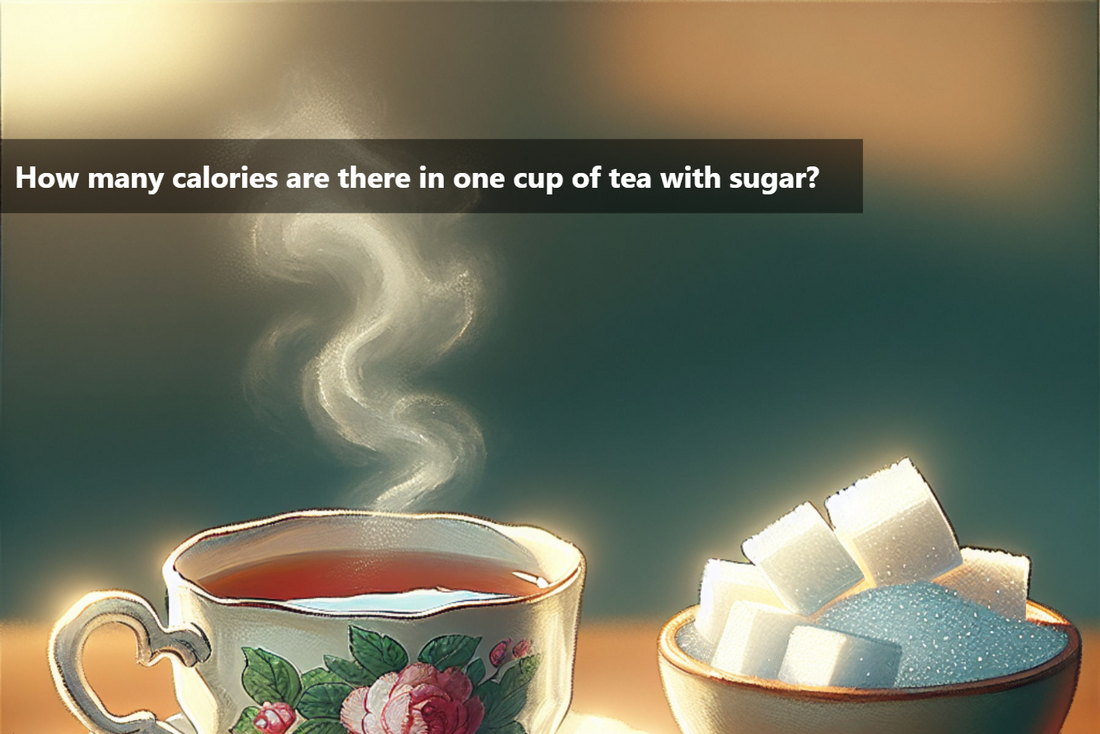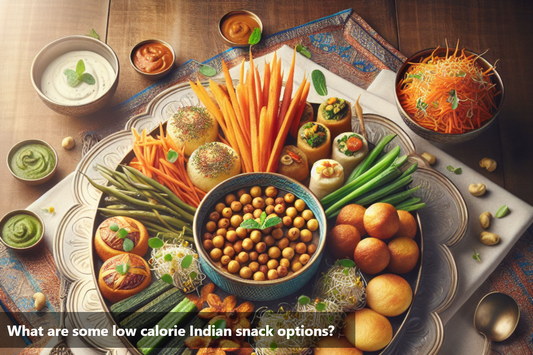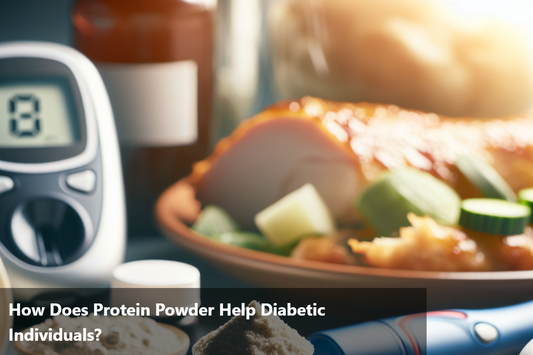Calories in drinks are often not recognized as much as they should be, which can affect our health without realizing it. Especially when it comes to sugary tea, understanding the calorie information is important for making smart food choices. By looking at how many calories are in a cup of sweetened tea, people can keep track of how many calories they consume overall.
For people with diabetes, drinking sugary tea not only affects the taste but can also cause their blood sugar to rise too quickly. This can make it harder to control their diabetes. Knowing about these effects is crucial for people with diabetes so they can manage how much sugar they have properly.
Finding sugar substitutes can be life-changing for those who want to cut down on calories. Trying out different options like stevia, honey, or artificial sweeteners can help people enjoy their sweet tea without feeling guilty and still stay healthy.
In today's busy world, where health is a top priority, understanding the calories in sugary tea helps people make better decisions. Whether it's to manage weight, deal with diabetes, or go for healthier options, knowing the impact of the calories in this popular drink can lead to positive changes in how we live.
Calorie content of tea with sugar
Here is a table showing the calorie content for one cup of tea with different amounts of sugar:
|
Amount of Sugar |
Calories from Sugar |
Calories from Tea* |
Total Calories |
|---|---|---|---|
|
1 teaspoon (4g) |
16 |
2 |
18 |
|
2 teaspoons (8g) |
32 |
2 |
34 |
|
3 teaspoons (12g) |
48 |
2 |
50 |
|
4 teaspoons (16g) |
64 |
2 |
66 |
*The calorie content from tea itself is negligible, typically around 2 calories per cup for plain tea. The main contributor to the total calorie count is the sugar added.
The calorie chart of one cup of tea with sugar indicates that if you add two teaspoons of sugar, the calorie content doubles to about 32 calories. Similarly, using flavored syrup in your tea can significantly escalate the calorie count, reaching up to 80 calories for just one tablespoon.
It is essential to consider the impact on diabetic patients when consuming tea with added sugar. The sudden spike in blood sugar levels after consuming high-calorie tea can be detrimental for individuals with diabetes. Therefore, monitoring the calorie content in tea becomes crucial for managing blood sugar levels effectively.
To lower the calorie intake and reduce health risks associated with sugar consumption, exploring sugar alternatives such as stevia, agave nectar, or artificial sweeteners can be beneficial. These substitutes offer a sweet flavor with minimal impact on calorie content, making them suitable options for individuals looking to cut down on sugar consumption while still enjoying their cup of tea.
Impact on diabetic patients
-
For diabetic patients, the calorie chart of one cup of tea with sugar serves as a helpful reference point. The amount of sugar added directly correlates to the rise in blood sugar levels after consumption. This elevation in glucose levels can lead to potential health risks for diabetics if not monitored closely.
-
Incorporating sugar alternatives in tea can be a beneficial strategy for diabetic patients. By substituting traditional sugar with alternatives like stevia, erythritol, or monk fruit sweetener, individuals can enjoy a sweet taste in their tea without the negative impact of sugar on blood sugar levels.
-
As a diabetic individual, being mindful of the sugar content in beverages like tea is part of managing the condition effectively. By making informed choices about sugar intake and exploring alternative sweeteners, it is possible to enjoy a cup of tea without compromising health or blood sugar control.
Understanding the impact of sugar in tea and being aware of suitable alternatives empowers diabetic individuals to make healthier choices that support their well-being and overall management of diabetes. Regular monitoring of blood sugar levels and making conscious decisions about sugar consumption are key aspects of diabetic care.
Sugar alternatives
When it comes to enjoying a cup of tea without the guilt of added calories from sugar, exploring different sugar alternatives can be a game-changer. Not only do these alternatives help in reducing calorie intake, but they also have a lower impact on health compared to traditional sugar.
-
Stevia, a natural sweetener derived from the Stevia rebaudiana plant, is a popular choice for those looking to cut down on sugar while still enjoying sweetness in their tea. It is known for being significantly sweeter than sugar, so a small amount can go a long way in enhancing the flavor of your tea without the added calories.
-
Another excellent sugar alternative is monk fruit sweetener, which is extracted from the monk fruit and contains zero calories. It provides a natural sweetness to your tea without causing spikes in blood sugar levels, making it a great option for diabetic individuals looking to manage their condition effectively.
-
For those who prefer a more familiar taste, honey can be a wonderful substitute for sugar in tea. Besides being a natural sweetener, honey also offers various health benefits, such as antioxidants and anti-inflammatory properties. However, it is important to use honey in moderation due to its calorie content.
By exploring these sugar alternatives and finding the one that suits your taste preferences and health needs, you can elevate your tea-drinking experience while making a conscious choice towards a healthier lifestyle.
Conclusion
In conclusion, we have explored essential aspects regarding the calorie content in tea with sugar, the impact on diabetic patients, and alternatives to sugar that can positively affect overall health.
The calorie chart of one cup of tea with sugar showcases varying calorie counts depending on the type and quantity of sugar added. Being mindful of the calorie content allows individuals to make informed decisions about their sugar intake and overall dietary choices.
For diabetic patients, consuming tea with added sugar can lead to fluctuations in blood sugar levels due to the rapid absorption of sugar. It is crucial for individuals with diabetes to monitor their sugar consumption, including in beverages like tea, to maintain stable blood glucose levels.
Exploring sugar alternatives provides opportunities to reduce calorie intake and minimize the negative impact on health. Options such as stevia, erythritol, or honey offer sweetness with lower calorie content, making them suitable substitutes for traditional sugar in tea.
By understanding the calorie content of tea with sugar, recognizing the impact on diabetic patients, and considering sugar alternatives, individuals can make healthier choices to support their well-being and maintain a balanced lifestyle.
This Blog post is an initiative by DiabeSmart, to provide accurate and Nutritionist / Doctor approved information related to Diabetes. DiabeSmart is India's first Food brand designed specifically for Diabetics, that has been clinically tested on Diabetics and Pre-Diabetics to deliver 55% - 70% lower Sugar spikes. DiabeSmart is part of Lo! Foods - India's leading brand for Everyday Functional Health foods.















